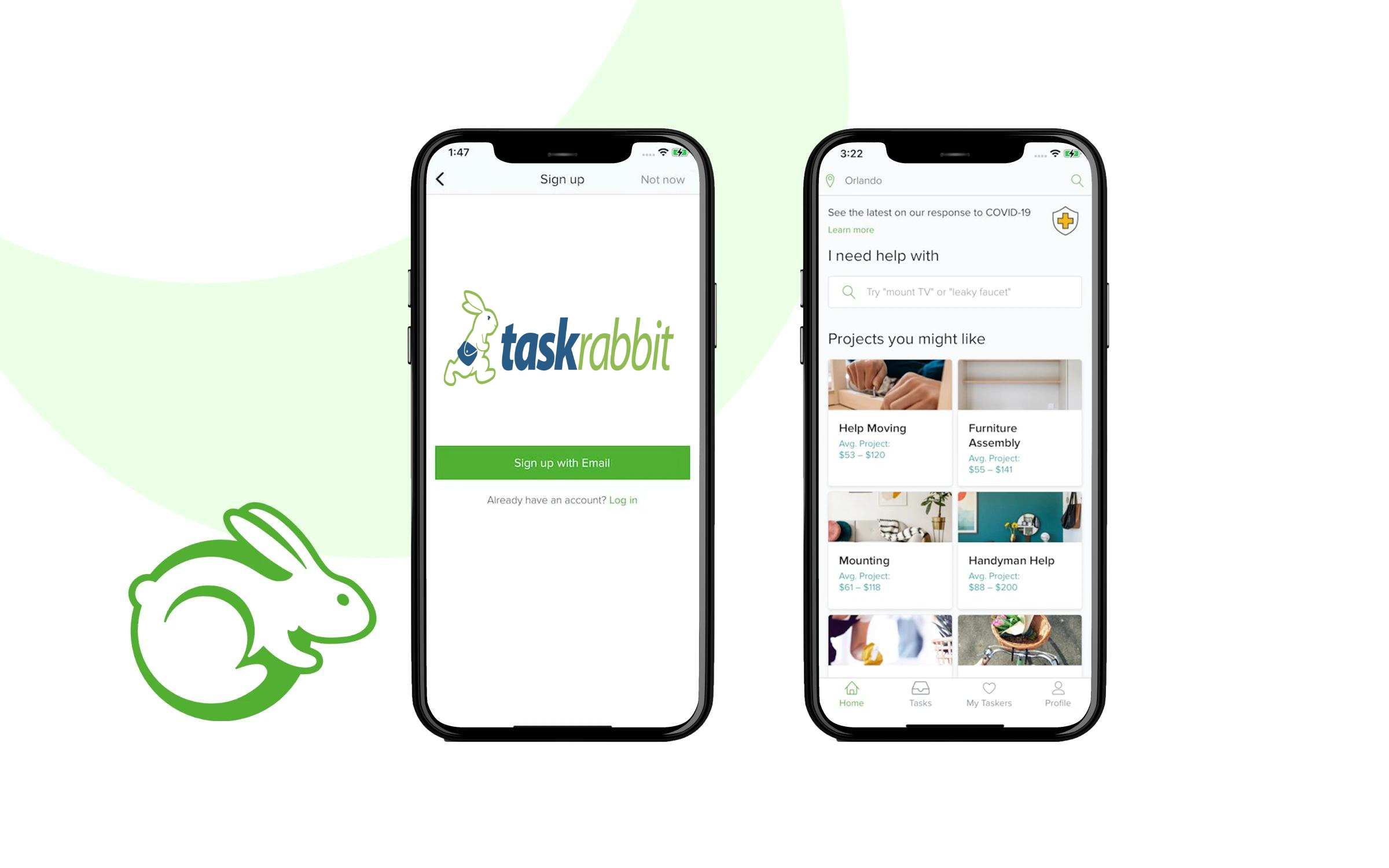Here's How to *Actually* Get Your Crush to Like You Back
Crushes can be confusing and exhilarating, but what if your crush isn't really yours? What if your feelings for someone are just a result of latching onto someone else's emotions? This is the topic explored in the Yahoo Lifestyle article "Do You Actually Have a Crush, or Are You Just Latching Onto Someone Else’s Feelings?"
A secondary crush, as defined by the article, is a crush that develops on someone because of their connection to another person, such as a friend's crush or a celebrity's significant other. These crushes can be difficult to navigate, as they are often based on indirect feelings and emotions.
But why do people develop secondary crushes? One potential reason is a desire for connection and a sense of belonging. Developing a crush on someone else's crush can make one feel included in a social group or community. It can also be a way to bond with a friend over shared interests and feelings.
Another reason for developing a secondary crush is a desire for escapism. We may develop crushes on celebrities or fictional characters as a way to escape our own lives and problems. These crushes provide a sense of excitement and fantasy that can be appealing.
However, it's important to recognize that secondary crushes may not be genuine feelings. Instead, they may be a result of projecting our own desires and emotions onto someone else. For example, we may develop a crush on our friend's crush because we want to be in a relationship, not necessarily because we are genuinely attracted to that person.
It's also important to consider the impact that secondary crushes can have on our relationships with others. Developing a crush on a friend's crush can create tension and jealousy in the friendship. It can also be hurtful to the person who is the object of the crush, as they may feel like they are being used as a means to an end.
So how can we differentiate between a genuine crush and a secondary crush? The article suggests that we should ask ourselves a few questions. Do we have genuine feelings of attraction and interest in the person, or are we just latching onto someone else's emotions? Do we have a real connection with the person, or are we simply projecting our own desires onto them?
It's also important to consider how the crush makes us feel. A genuine crush may make us feel excited, happy, and nervous. It may inspire us to take action and pursue the person. On the other hand, a secondary crush may make us feel insecure, jealous, and unfulfilled.
Ultimately, it's important to be honest with ourselves and with others about our feelings. If we have a genuine crush, we should be open and honest about our feelings and pursue the person respectfully and healthily. If we are experiencing a secondary crush, we should recognize that our feelings may not be genuine and take steps to address the underlying emotions that are driving them.
In conclusion, crushes can be confusing and exciting, but it's important to recognize the difference between a genuine crush and a secondary crush. Secondary crushes may be a result of latching onto someone else's emotions and desires, and can have a negative impact on our relationships with others. By asking ourselves honest questions and being aware of our feelings, we can differentiate between a genuine crush and a secondary crush and navigate our emotions in a healthy and respectful way.





